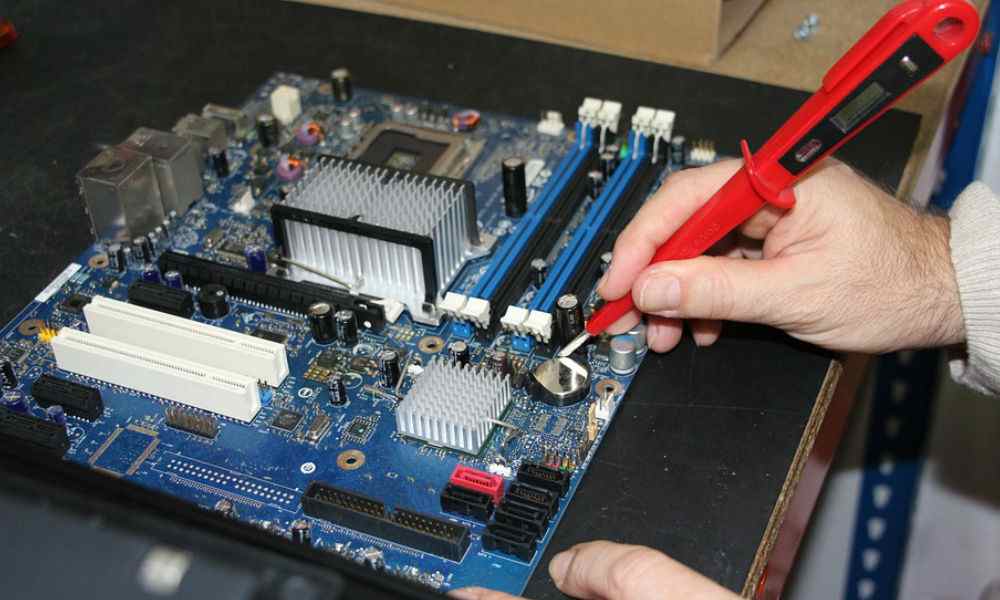Rethinking education for better employability

Afterschool Team
January 11, 2017
When we talk about employability, or the lack of it, a closer look at the bigger picture is required.
Reality check. We are easily influenced. By ideas, information and the opinions of various sources. Students, being at an impressionable age have more than their fairshare of input. And by the time they finish school and are about to embark on their tertiary education, they have been bombarded with a host of information and have little or no idea about their future path and what they want to study. Even if they do, it is very likely that they might not have collected the sufficient information to aid their decision.
Then we have the parents who are all about getting their kids into the ‘right’ institution. Furthermore, parents’ desire to see their kids in some prestigious profession gets affected by family members, friends, and other people in their environment, complicating the situation further.
Without reality checks, the problem of misinformation continues in college. By this point, students are on their way to graduation and not long after, they will start looking for a job or a career. They will have a grand expectation of some extravagant position just because they hold a degree. Six months later, they might have not found the job that they anticipated; that’s if they get the job in the first place. Reality starts to hit and it hits hard. Did I choose the right course? What is the value of my degree? What should I do now?
Rethinking Employment
The issue here is that while they have a degree and may have performed really well, they might lack the basic skills that will be the main factors impacting their job placement. They might have poor communication skills, poor attitude, high salary expectation, and demand for high positions without experience. According to JobStreet.com, 68% of fresh graduates ask for unrealistic salary that is reported to be somewhere between RM3,500 to RM6,000. This can be traced back to the collection of information that they had all the way in school and through college. Reality says that the highest paying job for a fresh graduate can possibly earn is anywhere between RM2,900 – RM4,300 in the banking and finance industry, according to JobStreet.com’s Salary Report 2017.
So, it is clear that there is a gross disconnect between reality and expectation. Employers are willing to pay higher if there is a good return on investment, and hiring a fresh graduate is a risky investment because there is no way to gauge the individual’s capabilities without testing them with real tasks and see how they can handle it and how they would apply logical solutions to actual problems. How fast they can learn on the job? How do they handle pressure situations?
Only when the employers are certain of the individual’s abilities, then a raise is due. At this point, these individuals are no longer fresh graduates and they are employed. Their circumstances are different.
But fresh graduates should rethink their employment options and they need to get a good dose of reality.
These are some of the things that need to be put forth:
- They might not end up working in a field related to their study. Therefore, they need extra skills. These skills come from self-learning initiatives.
- Grades aren’t everything. They might get straight As in all subjects, but is that really enough? What about instinct? Critical thinking? Communication skills?
- Remind students that all their classmates are potentially their competitors for the same job. So, how are they differentiating themselves?
Rethinking employment options is very critical because if college students have a good idea of what it is they want to do and what they like, they might get to build a bank of information and skills that would enable them to achieve their goals.
Additionally, it is not all about getting employed. These skills might also give them the ability and encouragement to become their own boss and be entrepreneurs and employ others. Once they want to hire someone, then they will think even more about who and why they should hire the upcoming individuals.
Getting a job versus starting a career
A job can be very different from a career. When one does work to earn a salary by the end of the month, in exchange for monetary benefits, that is a job. A career is the pursuit of something that will be a lifelong ambition which would eventually put a person on the path to becoming an expert in a particular area. A person might end up changing jobs and working in several different fields. If someone has a career, it won’t change. Just their progress changes and should always be upward.
This should be clear for students in college. A career is defined by the experience and skills that would not only get them the right work after graduation, but it would also get them a good salary and a good position once the employer is confident of their skills and capabilities.
A person can be only 27 years old, but earn a 5-figure salary and is in a top management position. But this person could have started learning and developing their skills by the age of 8.
With a job, there might not be much progress over a given period of time. Salary might increase, experience might improve. But the main issue is their level of expertise that can be a major determining factor. There might not be a good sense of job security in such a scenario. In a way, this can negatively impact the outcome of one’s performance.
A career has a path that would ensure progression in terms of salary, experience and level of expertise. It would provide security and assurance that is an essential part of the human experience.
What does it mean to request a realistic salary?
Requesting a realistic salary doesn’t mean allowing employers to take advantage of the workforce or settle for something that will hinder personal or professional progress in any way. It simply means an individual is getting as a starting point. With more development and sufficient progress, salary will increase. A person might get his job scope modified for a better pay.
JobStreet.com published a guide to fresh graduate salaries in their respective fields (Download here). This guide contains important information about the average salaries relevant industries pay their fresh graduate hires.
It is also important to note that some companies do pay their staff less than the national average and some companies in the service industry make giant profits, yet take advantage of their front line and operational staff. Here comes the law and government regulations to ensure protection of employees and the workforce.
It is a skill-based market out there
Kalaimagal Ramakrishnan and Norizan Mohd Yasin from the University of Malaya’s Faculty of Computer Science and Information Technology conducted research that follows up on the Prime Minister Najib Razak’s statement about Malaysia having only 23% of skilled workforce as of 2010 and that was much lower than most developed countries. This rate was set for improvement and the government hoped to increase it to at least 37% by 2015.
The research concluded that Malaysian higher learning institutions aren’t doing a sufficient job at educating graduates to meet the demand of employment market. The research also concluded that these institutions need to reengineer their curriculum in order to keep them updated in-line with employers’ need in the employment market.
In their research, Kalaimagal and Norizan found out that fresh graduates cited experience as the main reason for them not finding a job. Qualifications that employers need and the qualifications that graduates have is believed to be a mismatch. This is evidence that higher learning institutions provide knowledge that don’t match the demand in job market or in the industry.
There is an effort to move towards a skilled based economy. The prime minister’s visit to Germany in recent months was partly designed to understanding how the skill based economy of Germany is performing. According to reports, skill based workforce represents 83% of the workforce in Germany.
In recent years, there has been a massive shift in tertiary education towards developing more skills and empowering technical vocational education and training (TVET). Last year, TVET fresh graduates were among the top hired graduates in the country.
The change
Employment is an issue that requires great deal of attention to reconcile qualifications, job demands, and skills of the workforce. A degree is necessary but only if it moves away from the theoretical framework. Institutions can and should incorporate industrial knowledge and theoretical assessment. This, of course, falls within the plans of the Malaysian government and initiative to improve higher education where the proposal of having 2 years of academic education and 2 years of industrial experience to complete a degree qualification is to be implemented.
The sense of urgency to implement such improvements has to transcend the political divide and focus on the intended mission for the betterment of the people and a strong progressive economy.
It is also essential that education isn’t designed to only produce graduates like a factory producing tins of tuna. Quality of graduates has to be accounted for. This is the workforce that would drive the economy and put the nation on the track that would allow it to compete internationally.
The dissemination of the proper and right information has to start from an early age. It is also important to treat people like people and remember that they have dreams and hopes and not just ghosts in an empty shell of their former selves.








